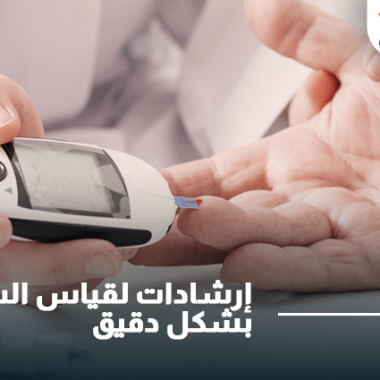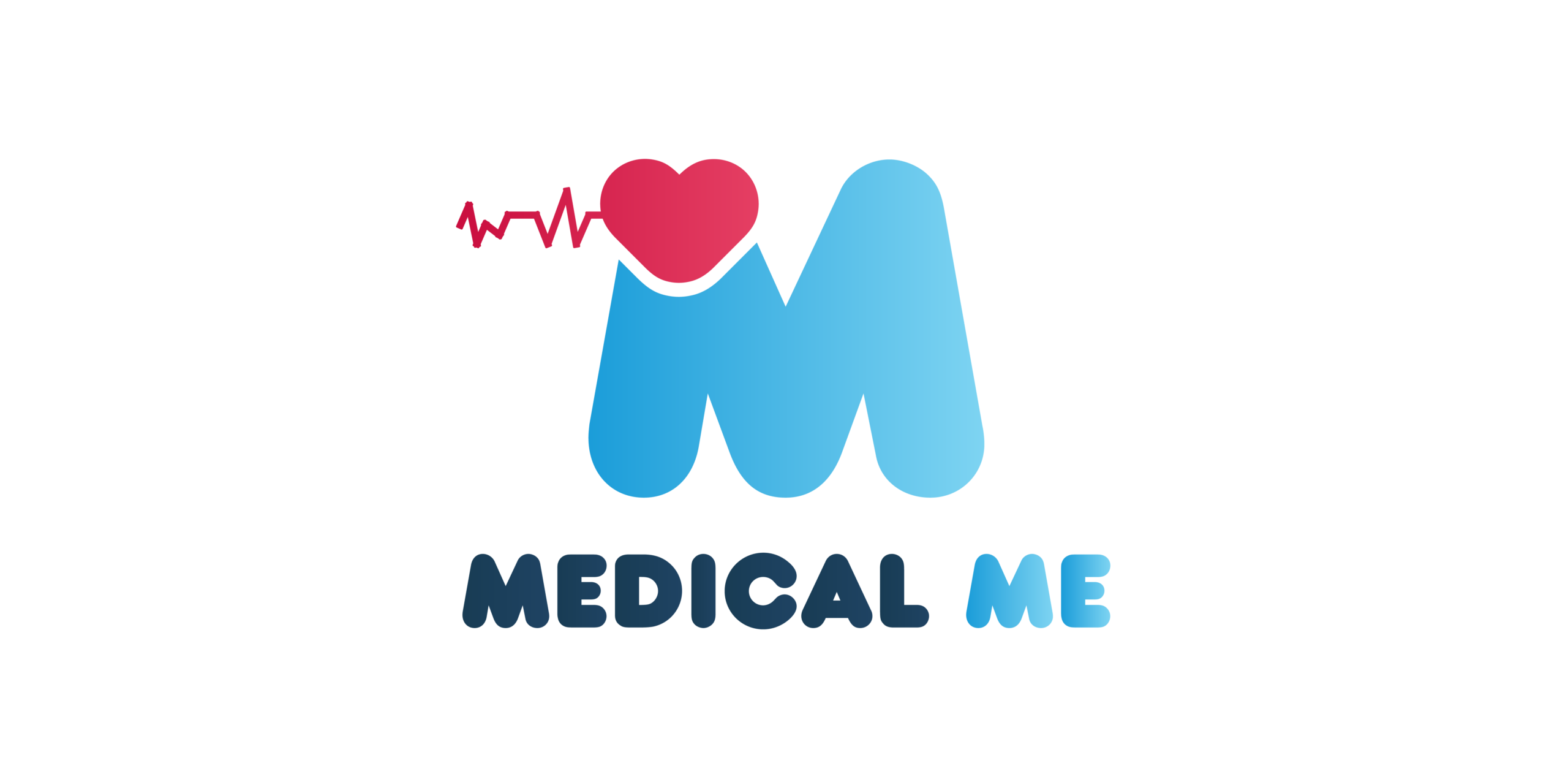Gestational Diabetes:
We often hear about gestational diabetes, but most of us do not know what is the difference between it and other well known types of diabetes. What is gestational diabetes, what are its symptoms, what is the relationship between pregnancy and diabetes, is it a chronic disease like well-known diabetes, how to deal with it and its impact on health.
What is gestational diabetes?
It is the high blood sugar levels of the mother during pregnancy while the mother is not a diabetic and has not previously been diagnosed with it.
Causes of gestational diabetes:
1- When God blesses the mother with the occurrence of pregnancy, her body undergoes many hormonal changes, as the levels of the hormones adrenaline, cortisol and other hormones secreted by the placenta rise, and this rise would cause an increase in blood glucose levels and a decrease in the effect of insulin in what is called insulin resistance.
2- In normal pregnancies, the mother’s body raises insulin secretion rates to achieve the desired balance between the rate of glucose in the blood and the hormone insulin, and the pregnancy passes peacefully without any defect in this matter.
3- But in some cases of pregnancy, the body cannot achieve this balance between the rate of glucose in the blood and the rate of insulin hormone, and the insulin secreted by the mother’s body is not enough to equalize the amount of glucose, and this is called gestational diabetes and its symptoms often appear from the beginning of the fourth month until the end of pregnancy.
Symptoms of gestational diabetes:
Which reassures and raises concern at the same time that gestational diabetes does not usually cause any symptoms appeared on the mother, and in the occurrence of symptoms, it may be permanent thirst, frequent urination, nausea, dizziness, dry mouth, feeling tired and a significant increase in weight, and the mother may be exposed to repeated infections of the vagina or bladder.
As you can see, all of them are normal symptoms during pregnancy and do not cause any concern, and this may be a reason for delaying the diagnosis of gestational diabetes.
Diagnosis of gestational diabetes:
As we mentioned, the symptoms of gestational diabetes are not obvious to everyone, and hence the follow-up with the obstetrician and gynecologist should be periodically and continuously throughout the pregnancy so that through periodic monitoring of blood sugar levels, he can diagnose gestational diabetes early.
Normal gestational diabetes test:
Perhaps one of the most famous tests to detect gestational diabetes that a specialist performs is a test called the oral glucose tolerance test, which reveals how efficiently the body is producing the hormone insulin, and if results appear indicating that the blood sugar rate is less than 140 milligrams per deciliter.
These results are reassuring and within normal limits. In this case the results showed that the blood sugar level reaches 190 milligrams per deciliter, it is an indication that the mother has gestational diabetes.
In this case, the doctor performs a second test called a glucose tolerance test to confirm gestational diabetes.
Diagnosis using blood glucose monitoring devices:
Home blood glucose meters are used in diagnosing gestational diabetes, and people often accept them with the spread of diabetes and the increase in awareness of its danger. It has also become common for these home devices to be used by healthy people who have a family genetic history of the disease, and from here it may be possible to diagnose gestational diabetes in women.
The pregnant woman by measuring the blood sugar rate periodically, especially in the second and third trimesters of pregnancy, through the following steps:
- Avoid measuring sugar immediately after a meal.
- The measurement is taken when waking up in the morning, before eating meals, or one to two hours after eating a meal.
- Sit for 20 minutes before measuring.
- Disinfect the device.
- Put the slide in its designated place.
- prick your finger
- Press the finger to get the blood out.
- Let the drop of blood touch the surface of the slide.
- Record the results for your physician to know.
Normal blood glucose levels:
As we mentioned in the case of following up the blood glucose level of a pregnant woman at home using home glucometers as a preventive measure for early diagnosis of gestational diabetes, the normal rates are as follows:-
- 95 milligrams per deciliter or less, before eating.
- 140 milligrams per deciliter or less, one hour after eating.
- 120 milligrams per deciliter or less, two hours after eating.
Gestational Diabetes treatments:
- As with diabetes, the treatment includes changing the lifestyle to a healthy lifestyle by changing eating and sleeping habits as well as physical activity and these factors will also maintain the health of the mother and her fetus in general even if the mother does not suffer from gestational diabetes, as early sleep and for a period of time sufficient to have a strong influence on controlling sugar and insulin hormone levels in the blood in addition to controlling all vital processes in the body.
- You should also pay attention to the food that the mother eats and focus on healthy options such as vegetables and fruits because they contain fiber and vitamins that the mother’s body needs, and you must also make sure to eat an adequate portion of lean protein.
- and eat whole grains as sources of complex carbohydrates and some vitamins and minerals, and you should stay away from refined carbohydrates. Like white sugar and candy, a nutritionist or diabetes consultant helps develop a healthy diet for a mother with gestational diabetes.
- Also, physical activities have an important role in controlling blood sugar levels and are useful for the expectant mother in general, even if she does not suffer from gestational diabetes,
- as it reduces back pain, swelling, muscle contraction and constipation that affects the mother during pregnancy, but it is necessary to exercise under the supervision of a health coach, or at least doing simple exercises such as walking, cycling and possibly swimming.
- Of course, continuous monitoring of blood glucose levels is imperative, and through this follow-up, the doctor can determine whether the mother with gestational diabetes needs to use insulin injections to control blood sugar levels or not,
- as with the progression of pregnancy increases the production of the placenta hormones Pregnancy increases blood sugar levels, which requires larger doses of insulin to offset this increase, so the doctor prescribes insulin doses based on blood sugar.
Follow-up is not limited to the mother only, but the fetus and its development must be monitored periodically as well to ensure that no complications affect it.
Complications of gestational diabetes:
A mother with gestational diabetes and her fetus are not exposed to complications as long as the control of blood sugar levels continues throughout pregnancy or since the discovery of gestational diabetes, however in the case of neglect, gestational diabetes has serious complications that may affect the mother and fetus, including:-
- The mother is exposed to high blood pressure, so the pressure must be monitored periodically.
- Eclampsia
- The birth of a mother with gestational diabetes is often by cesarean section.
- Most mothers with gestational diabetes are at risk of premature labour.
- The mother’s risk of developing type 2 diabetes increases, especially with growing old.
- Baby weight gain at birth.
- At birth, the baby suffers from respiratory distress syndrome, which makes breathing difficult.
- The child was exposed to severe attacks as a result of the child’s low blood sugar level.
- A baby born to a mother who developed gestational diabetes during pregnancy may have an increased risk of developing diabetes and obesity later in life.
- It may lead to the death of the child before birth or shortly after birth.
Causes of gestational diabetes:
There is no direct cause of gestational diabetes, as we mentioned that the imbalance in blood glucose levels during pregnancy is normal, but the mother’s body in the normal state can alone balance this increase by raising the rate of secretion of the hormone insulin,
and this does not happen in the case of a disease Gestational diabetes, although there are some factors called risk factors related to gestational diabetes that, if available in the mother, would have a higher risk of developing gestational diabetes than others, and among these factors:-
1- Obesity
2- Physical inactivity
3- Having a family history of diabetes.
4- Previous history of gestational diabetes in a previous pregnancy.
5- Polycystic ovary syndrome.
6- Having a baby weighing more than 9 pounds before.
7- Black women of Asian, Indian, or Hispanic descent are more likely to develop gestational diabetes.
It must be noted here that the presence of one or some of these factors may increase the risk of the mother developing gestational diabetes, while the absence of any of them does not necessarily mean that gestational diabetes does not occur, as a large proportion of women with gestational diabetes do not have any of these factors.
Prevention of gestational diabetes:
Gestational diabetes, like diabetes and all chronic diseases, has no immunization and no cure. All you need is to follow a healthy lifestyle to reduce the risk of developing gestational diabetes as well as to relieve symptoms in case of infection.
In general, there is no doubt that following a healthy lifestyle is important for every human being, and the importance of a healthy lifestyle increases in the event of pregnancy because of its impact on the mother’s body and the health and life of the fetus.
In the event that there are some or one of the risk factors for gestational diabetes in the mother, the importance of adopting a healthy lifestyle doubles to reduce as much as possible the risk of gestational diabetes and protect the mother and her fetus from its risks and complications.
Accordingly, the prevention of gestational diabetes is summarized in following a healthy lifestyle, which is best followed in general, even before conception occurs during the pregnancy planning stage, which is represented in some points and here are some of them:-
1- Eat healthy foods:
It is better for the health of the body to take care of healthy food and the size of the meals and that the meals be integrated and contain fiber, such as bread made from whole grains, fruits and vegetables, and there must also be a source of protein in each meal, whether vegetable or animal sources, and attention must be paid to the availability of vitamins and minerals as well as sources The energy of complex carbohydrates while reducing fats and sugars.
As for the number of meals, it is no less important than the components of the meal itself. The mother who follows a healthy pattern must eat three healthy and integrated meals at regular times and not miss any meal.
The specialist doctor can also prescribe to the patient a set of vitamins and nutritional supplements necessary to meet her nutritional needs.
2- Doing physical activity:
You should pay attention to doing some light exercise daily, or even walking, cycling, and going up and down the stairs before pregnancy and even during pregnancy, as this will reduce the possibility of gestational diabetes.
3- Get rid of excess weight:
It is necessary to start losing excess weight during the planning stage of pregnancy, that is, before pregnancy occurs to reduce the chance of developing gestational diabetes.
4- After pregnancy:
the mother must gain some weight, but you must monitor your weight and do not allow it to gain too much weight, because this would raise the risk of gestational diabetes.
Dear mother, especially if you are one of those who carry some risk factors for gestational diabetes, you should follow up with a specialist doctor from the beginning of your planning for pregnancy to avoid making any mistakes.
Low blood sugar in pregnancy:
In many cases, a pregnant woman with gestational diabetes is exposed to low blood sugar, which is a serious condition that requires quick treatment so that the mother and fetus are not exposed to danger. Symptoms of this drop include the following:-
1- headache
2- Sweating
3- Fatigue
4- Dizziness
5- Tremors
When the mother feels these symptoms, she should follow these instructions:
- Measure your blood sugar level, if available.
- If the blood sugar measurement is less than 60 milligrams per deciliter, half a cup of sweetened juice, a candy bar, or a spoonful of honey should be taken.
- After 15 minutes, the blood sugar is re-measured. If the reading remains less than 60 milligrams per deciliter, she must eat another type of sugar from the above, and she must take care of her meals on time and pay attention to eating bread and protein in the next meal to avoid recurring hypoglycemia.
- Write down everything related to the case of low blood sugar that the patient went through in terms of when the condition occurred in the date and time, what she felt and what she took to treat the condition, and of course record measurements of blood sugar levels until they reach reassuring rates.
What after giving birth?
- As mentioned above, gestational diabetes may cause some complications for the mother and fetus after birth, especially in the case of neglect of treatment throughout pregnancy and uncontrolled blood sugar levels.
- As for the mother, she often returns to her normal position in terms of blood sugar after birth, as if nothing had happened, although she would still be at risk of developing type 2 diabetes, especially with age, by more than her peers who were not exposed to gestational diabetes during their pregnancy by 60%
- Accordingly, she must continue to check blood sugar levels periodically continuously while maintaining a healthy lifestyle as a prevention of diabetes.
- As for the child, as we mentioned, he may suffer from some problems after birth, which requires a good examination, checking the levels of sugar in his blood, and dealing with them immediately.














